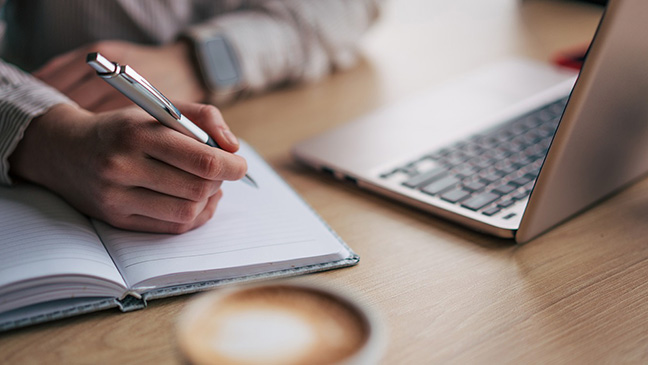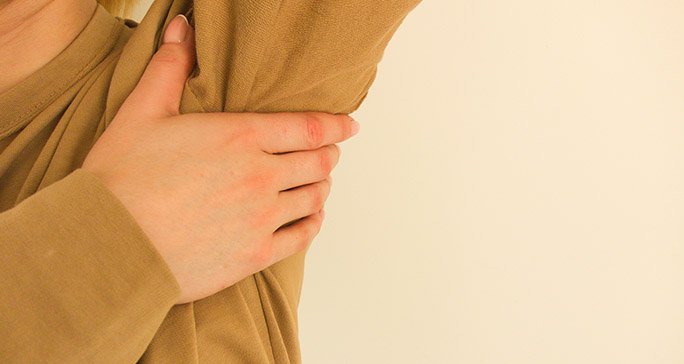- Diseases
- Acoustic Neuroma (14)
- Adrenal Gland Tumor (24)
- Anal Cancer (66)
- Anemia (2)
- Appendix Cancer (16)
- Bile Duct Cancer (28)
- Bladder Cancer (68)
- Brain Metastases (28)
- Brain Tumor (230)
- Breast Cancer (716)
- Breast Implant-Associated Anaplastic Large Cell Lymphoma (2)
- Cancer of Unknown Primary (4)
- Carcinoid Tumor (8)
- Cervical Cancer (154)
- Colon Cancer (164)
- Colorectal Cancer (110)
- Endocrine Tumor (4)
- Esophageal Cancer (42)
- Eye Cancer (36)
- Fallopian Tube Cancer (6)
- Germ Cell Tumor (4)
- Gestational Trophoblastic Disease (2)
- Head and Neck Cancer (6)
- Kidney Cancer (124)
- Leukemia (344)
- Liver Cancer (50)
- Lung Cancer (288)
- Lymphoma (284)
- Mesothelioma (14)
- Metastasis (30)
- Multiple Myeloma (98)
- Myelodysplastic Syndrome (60)
- Myeloproliferative Neoplasm (4)
- Neuroendocrine Tumors (16)
- Oral Cancer (100)
- Ovarian Cancer (170)
- Pancreatic Cancer (166)
- Parathyroid Disease (2)
- Penile Cancer (14)
- Pituitary Tumor (6)
- Prostate Cancer (144)
- Rectal Cancer (58)
- Renal Medullary Carcinoma (6)
- Salivary Gland Cancer (14)
- Sarcoma (236)
- Skin Cancer (296)
- Skull Base Tumors (56)
- Spinal Tumor (12)
- Stomach Cancer (60)
- Testicular Cancer (28)
- Throat Cancer (90)
- Thymoma (6)
- Thyroid Cancer (98)
- Tonsil Cancer (30)
- Uterine Cancer (78)
- Vaginal Cancer (14)
- Vulvar Cancer (18)
- Cancer Topic
- Adolescent and Young Adult Cancer Issues (20)
- Advance Care Planning (10)
- Biostatistics (2)
- Blood Donation (18)
- Bone Health (8)
- COVID-19 (362)
- Cancer Recurrence (120)
- Childhood Cancer Issues (120)
- Clinical Trials (624)
- Complementary Integrative Medicine (24)
- Cytogenetics (2)
- DNA Methylation (4)
- Diagnosis (230)
- Epigenetics (6)
- Fertility (64)
- Follow-up Guidelines (2)
- Health Disparities (14)
- Hereditary Cancer Syndromes (122)
- Immunology (18)
- Li-Fraumeni Syndrome (8)
- Mental Health (118)
- Molecular Diagnostics (8)
- Pain Management (62)
- Palliative Care (8)
- Pathology (10)
- Physical Therapy (18)
- Pregnancy (18)
- Prevention (894)
- Research (390)
- Second Opinion (74)
- Sexuality (16)
- Side Effects (604)
- Sleep Disorders (10)
- Stem Cell Transplantation Cellular Therapy (216)
- Support (404)
- Survivorship (322)
- Symptoms (184)
- Treatment (1772)
How a fatigue journal can help cancer patients
2 minute read | Published March 25, 2016
Medically Reviewed | Last reviewed by an MD Anderson Cancer Center medical professional on March 25, 2016
For cancer patients and survivors, fatigue doesn’t just mean feeling a little tired. This common cancer treatment side effect may be more severe.
“For cancer patients and survivors, often fatigue doesn’t get better with more rest,” says Carmen Escalante, M.D., professor of Internal Medicine and physician at The Cancer-Related Fatigue Clinic.
But there are ways to cope with fatigue. Escalante says one thing that has helped many of her patients is keeping a fatigue journal. This can help you experience more energy throughout the day.
Start using a fatigue journal with these simple steps.
Write down when you experience fatigue.
Notice when you are the most awake and when you experience the most fatigue. Then, write those times in your journal.
“This can help you find patterns,” Escalante says.
After a while, you may start to notice that you always feel tired around the same times. Compare the patterns to your treatment plan. Maybe you start to experience fatigue two days after your chemotherapy treatment. Or, maybe you feel most awake in the mornings, but slow down in the evening. Noticing these fatigue patterns will help you prepare, so you can get more done when you do have energy.
Prioritize your activities.
Consider what you need to do in the coming weeks. Look at what’s most important and what can wait. Plan to do the most important or most complex activities when you have the most energy. Leave the rest for later since it won’t matter as much if you don’t get to them.
“There are lots of ways you can work ahead,” Escalante says.
She suggests making meals and freezing them when you are feeling well. That way, they’ll be ready for the times when you don’t have the energy to cook.
She adds that it may help to let others assist you during those times when you’re feeling tired. Ask a friend to watch your children on day when you know you might experience more fatigue.
“You may not actually experience less fatigue after using a journal, but it may seem like it because you’re accomplishing what you set out to do. It’s likely you won’t be able to do all those things you did before your treatment,” Escalante says. “But try not to compare yourself to before. Focus on what you can do to keep yourself motivated and moving forward.”
Related Cancerwise Stories

Focus on what you can do to keep yourself motivated and moving forward.
Carmen Escalante, M.D.
Physician





